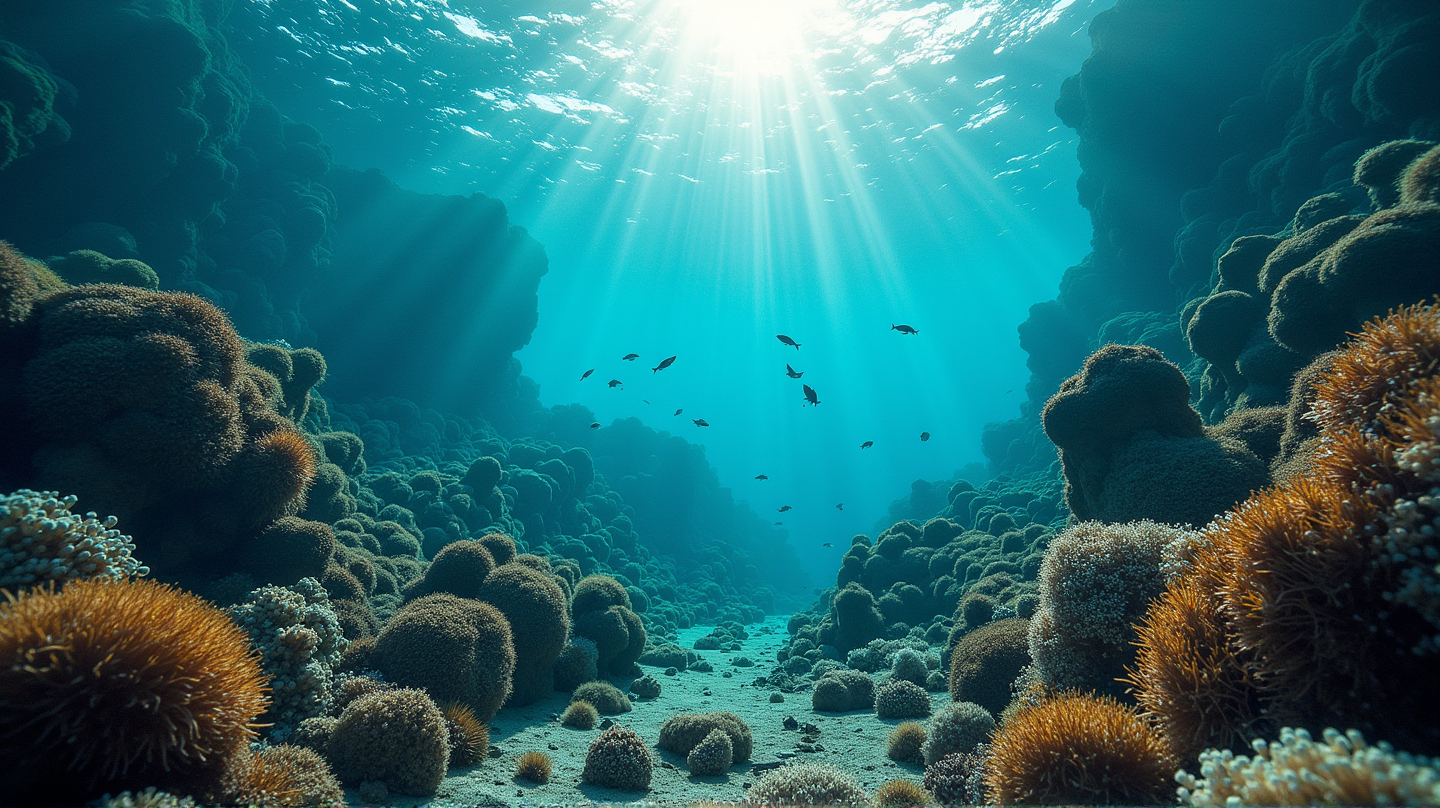Deep-Sea Mining: A Hidden Threat to Marine Biodiversity
Scientists warn that mining in the Clarion-Clipperton Zone could threaten diverse marine species.

In the hidden depths of our oceans, a silent struggle ensues, with untold consequences for life beneath the waves. New research has ignited a critical dialogue on the potential impacts of deep-sea mining, a venture that, though lucrative in its promise, presents a foreboding threat to marine ecosystems.
Unveiling the Mystery: The Deep Sea’s Fragile Wonders
The Clarion-Clipperton Zone, a region seemingly untouched by time and human exploration, is at the heart of this growing concern. According to a study from the University of Hawaiʻi at Mānoa, deep-sea mining in this area threatens to disrupt the lives of around 30 marine species, including chimaeras, rays, and sharks. Two-thirds of these species are already in jeopardy and could face extinction if mining proceeds.
Aaron Judah, the study’s lead author, stresses the profundity of this threat: “Deep-sea mining challenges the essence of our oceanic identity by jeopardizing species vital to both nature and humanity.”
Environmental Impacts of Deep-Sea Mining
The implications of mining extend beyond the physical. Mining operations disturb the sea floor, the very cradle of life for many species, and unleash plumes that disrupt fragile food chains. The cacophony of industrial noise impairs crucial reproductive processes for sensitive creatures like whales, leading to migration slowdowns by up to 20%, as found in recent studies at the University of Melbourne.
Further up, toxic metals and sediments released during mining ascend into higher waters, sowing chaos in the broader marine ecosystem. As stated in The Cool Down, these activities jeopardize not only the species directly affected but also the intricate balance of life across oceanic environments.
A Call for Action: Raising Awareness and Ensuring Sustainable Practices
As the demand for rare-earth materials rises, so too does the pressure on lawmakers to balance economic gains with conservation. The paucity of knowledge on the long-term effects of deep-sea mining is alarming. Without comprehensive environmental impact assessments, decisions made today could resonate disastrously tomorrow.
Researchers advocate for a pause on mining until thorough investigations illuminate the true risks. They further emphasize enhancing electronic waste recycling as a means to reduce demand for new resources, presenting a constructive step in curtailing the immediate need for deep-sea extraction activities.
Towards a Sustainable Ocean Future
This discourse is not merely academic—it is a pressing call to protect our planet’s last true frontier. By uniting science with policy, it’s possible to forge a path that honors both economic ambition and environmental stewardship. The time to act is not some distant inevitability but an urgent necessity, echoing through the depths, summoning us to preserve the wonders and mysteries of the deep sea.
Join the conversation and commit to informed, responsible action. Protecting our oceans begins with understanding the stakes—so let’s delve deeper and stand together for the future of our shared home.

